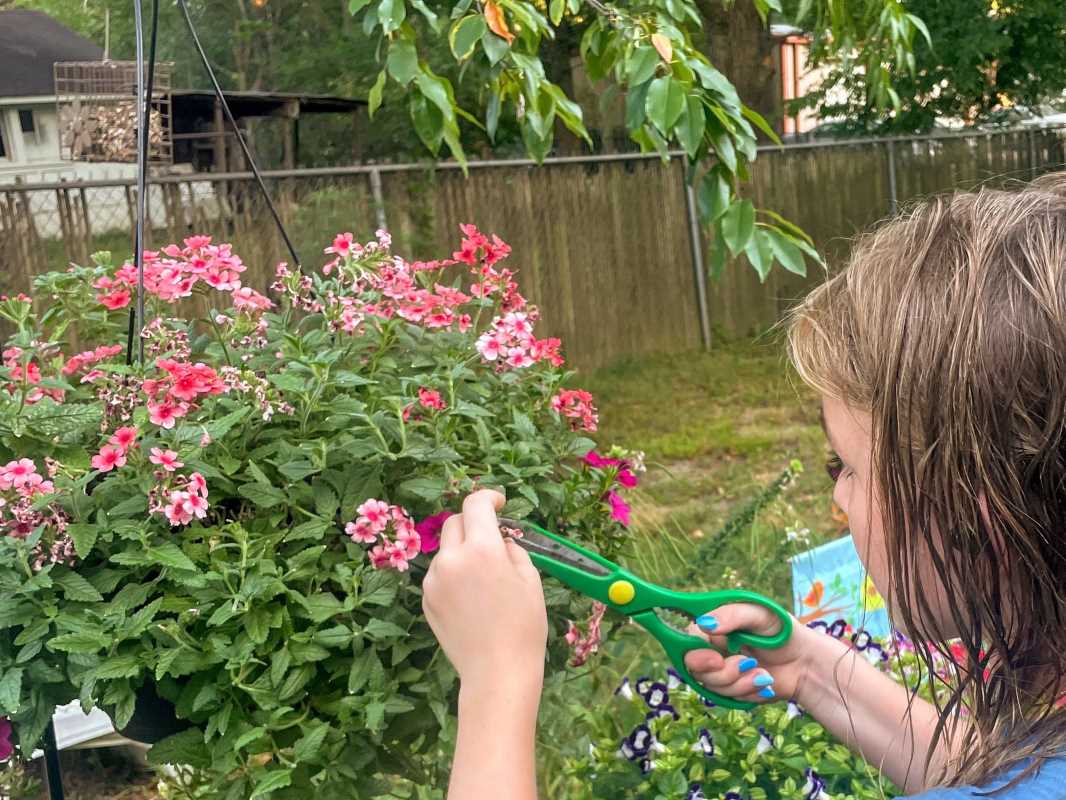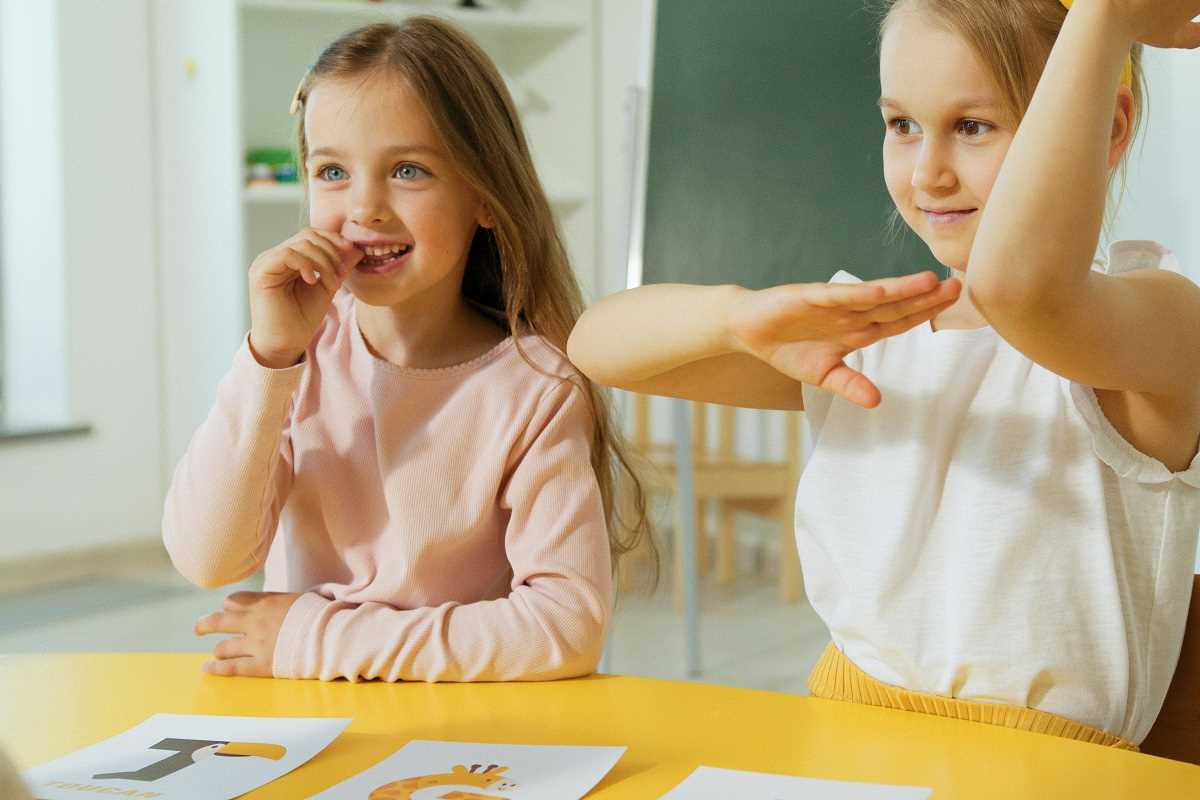To achieve academic success and success in their future career, students must equip themselves with a range of core skills. Developing these competencies goes beyond traditional classroom learning; it prepares students for an interconnected and rapidly changing landscape. Let’s explore the core skills every student should cultivate to thrive in the modern era.
Critical Thinking and Problem-Solving
Critical thinking is the foundation of effective learning and decision-making. It involves analyzing information objectively, considering multiple perspectives, and making reasoned judgments. In today’s world, where information is abundant and constantly changing, the ability to critically evaluate sources, question assumptions, and discern credible information is invaluable. Problem-solving goes hand-in-hand with critical thinking; it requires creativity, resilience, and a structured approach to overcoming obstacles.
Students who develop strong critical thinking skills can tackle complex challenges with confidence and adaptability. In addition to academic applications, critical thinking and problem-solving prepare students for real-world situations where logical reasoning and analytical skills are required. From choosing a career path to navigating social issues, the ability to think critically empowers students to make informed, thoughtful decisions.
Creativity and Innovation
Creativity is the driving force behind progress, innovation, and adaptability. Encouraging students to think creatively not only allows them to explore different solutions but also fosters the confidence to experiment with unconventional ideas. Creativity isn’t limited to the arts; it’s equally important in science, engineering, business, and other fields where innovative thinking leads to new discoveries and advancements.
Innovation—the process of bringing creative ideas to life — requires resilience and resourcefulness. By fostering a mindset that embraces exploration, students learn to view challenges as opportunities for growth and innovation. In an era marked by rapid technological and social change, students who nurture their creativity are better equipped to adapt to new environments, solve emerging problems, and contribute original ideas across diverse industries.
Communication and Collaboration
Effective communication is essential in an interconnected world, where interactions occur across diverse platforms and cultures. For students, communication skills include articulating ideas clearly, listening actively, and engaging in respectful dialogue. These skills are foundational not only in the classroom but also in professional and social settings where expressing oneself clearly and understanding others are crucial.
Collaboration skills are equally important as they enable students to work effectively with peers, share responsibilities, and value diverse perspectives. In a globalized society, teamwork is central to many projects and careers. By honing their communication and collaboration skills, students learn to build strong relationships, resolve conflicts constructively, and achieve shared goals. These skills help students develop empathy, adaptability, and resilience — traits that are essential for success in any field.
Digital Literacy
Digital literacy is no longer optional in today’s technology-driven world; it’s a fundamental skill for learning, communicating, and working effectively. Digital literacy encompasses the ability to use technology proficiently, evaluate online sources critically, protect personal information, and engage in responsible digital behavior. As students access information, complete assignments, and interact online, they need to understand digital platforms, identify credible resources, and engage responsibly in virtual spaces.
With the prevalence of digital tools in both academic and professional settings, digital literacy has become essential for productivity and informed decision-making. Students who are digitally literate can better navigate online learning resources, communicate effectively, and leverage technology to enhance their learning experiences. As technology continues to evolve, digital literacy remains a dynamic skill, equipping students to stay current and adaptable in a constantly changing landscape.
Adaptability and Resilience
The 21st century is characterized by rapid change, uncertainty, and complexity. Students who develop adaptability and resilience are better equipped to navigate this dynamic environment. Adaptability involves being open to new ideas, learning from experiences, and adjusting to evolving situations. Resilience, on the other hand, is the ability to recover from setbacks, overcome challenges, and persevere despite adversity.
In an unpredictable world, students need adaptability and resilience to handle academic, personal, and professional challenges. Cultivating these traits helps students approach new experiences with curiosity and confidence, remain focused during difficult times, and continue growing even when faced with failure. These skills provide students with a foundation to manage stress, embrace change, and thrive in any situation, fostering a proactive approach to lifelong learning and personal development.
Global and Cultural Awareness
In an increasingly interconnected world, students must develop global and cultural awareness to navigate diverse environments effectively. Global awareness involves understanding global issues, appreciating different cultures, and recognizing the interconnectedness of people worldwide. Cultural awareness entails valuing diversity, respecting different perspectives, and embracing cultural differences.
By cultivating global and cultural awareness, students develop empathy and a broader worldview that prepares them for success in a globalized society. They learn to communicate effectively across cultures, appreciate diverse viewpoints, and engage in conversations about global issues with insight and sensitivity. This skill also fosters a sense of responsibility toward global challenges, inspiring students to contribute positively to their communities and beyond.
Lifelong Learning and Self-Direction
In a rapidly changing world, the ability to pursue lifelong learning and self-direction is essential. Lifelong learning goes beyond formal education — it’s about maintaining curiosity, continuously acquiring new knowledge, and adapting to change. Self-direction enables students to take ownership of their education, set personal and academic goals, and seek resources to meet these goals independently.
By fostering a passion for lifelong learning, students remain engaged, proactive, and open to new experiences throughout their lives. Self-direction helps students identify areas of interest, take initiative, and make informed choices about their education and careers. In a world where information and skills quickly become outdated, lifelong learning and self-direction equip students with the mindset and tools to stay relevant, grow professionally, and find fulfillment in their personal pursuits.
Social and Emotional Intelligence
Social and emotional intelligence are critical for building meaningful relationships and handling social interactions effectively. Social intelligence involves understanding and navigating social dynamics, while emotional intelligence refers to recognizing and managing one’s own emotions as well as empathizing with others. Together, these skills enable students to develop strong interpersonal relationships, communicate with empathy, and resolve conflicts constructively.
In academic settings, social and emotional intelligence help students collaborate with peers, navigate group dynamics, and develop leadership skills. Beyond school, these skills prepare students to form lasting personal and professional relationships, understand diverse perspectives, and manage stress in challenging situations. Students with high social and emotional intelligence are more adaptable, empathetic, and resilient, qualities that are essential for success in any field or social setting.
Financial Literacy and Responsible Decision-Making
Financial literacy is an essential life skill that prepares students for financial independence and responsible decision-making. Financial literacy involves understanding personal finance concepts such as budgeting, saving, investing, and managing debt. By developing financial literacy, students gain the knowledge and skills to make informed financial choices and avoid common pitfalls related to money management.
Responsible decision-making is closely tied to financial literacy; it requires students to consider the long-term consequences of their actions and make choices that align with their goals and values. Whether planning for college expenses, managing part-time job earnings, or setting savings goals, financial literacy empowers students to navigate financial responsibilities confidently and make choices that contribute to their overall well-being.
 (Image via
(Image via





.jpg)